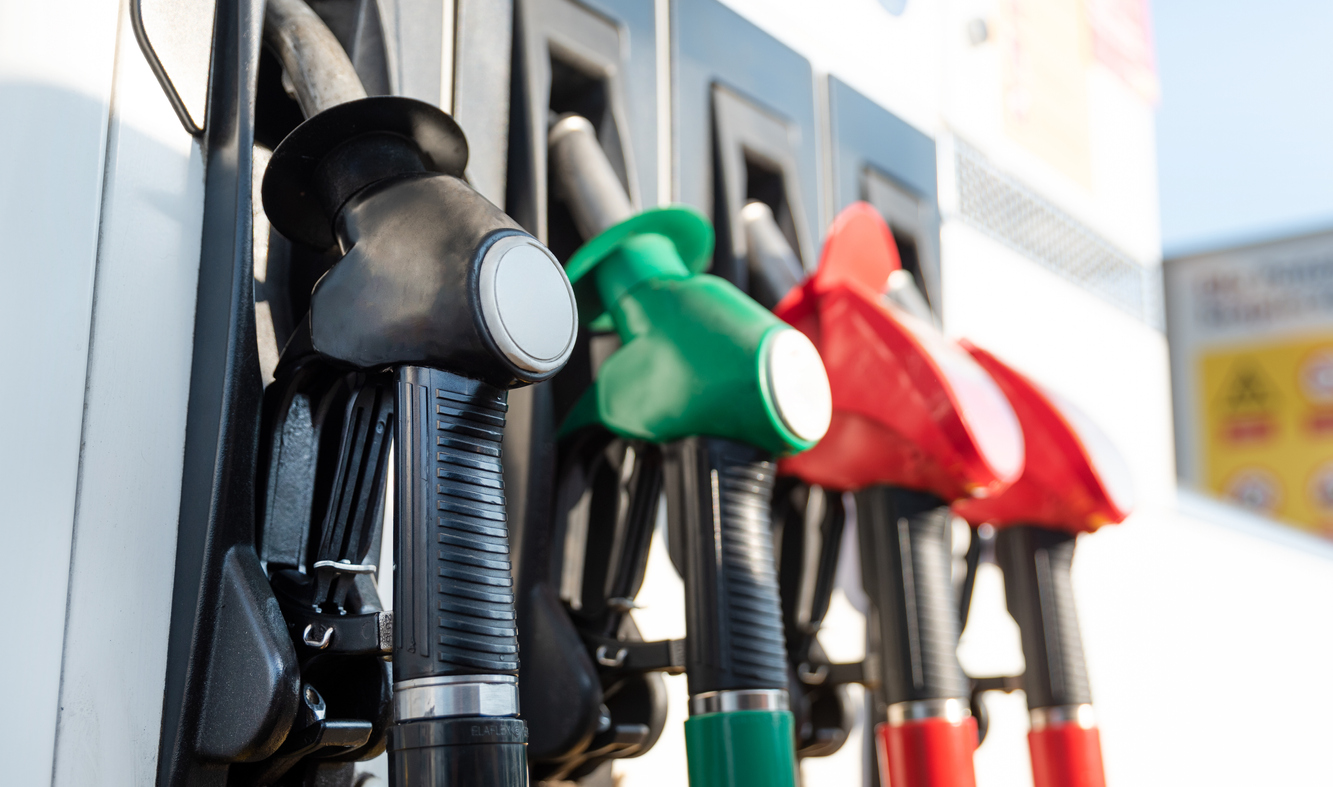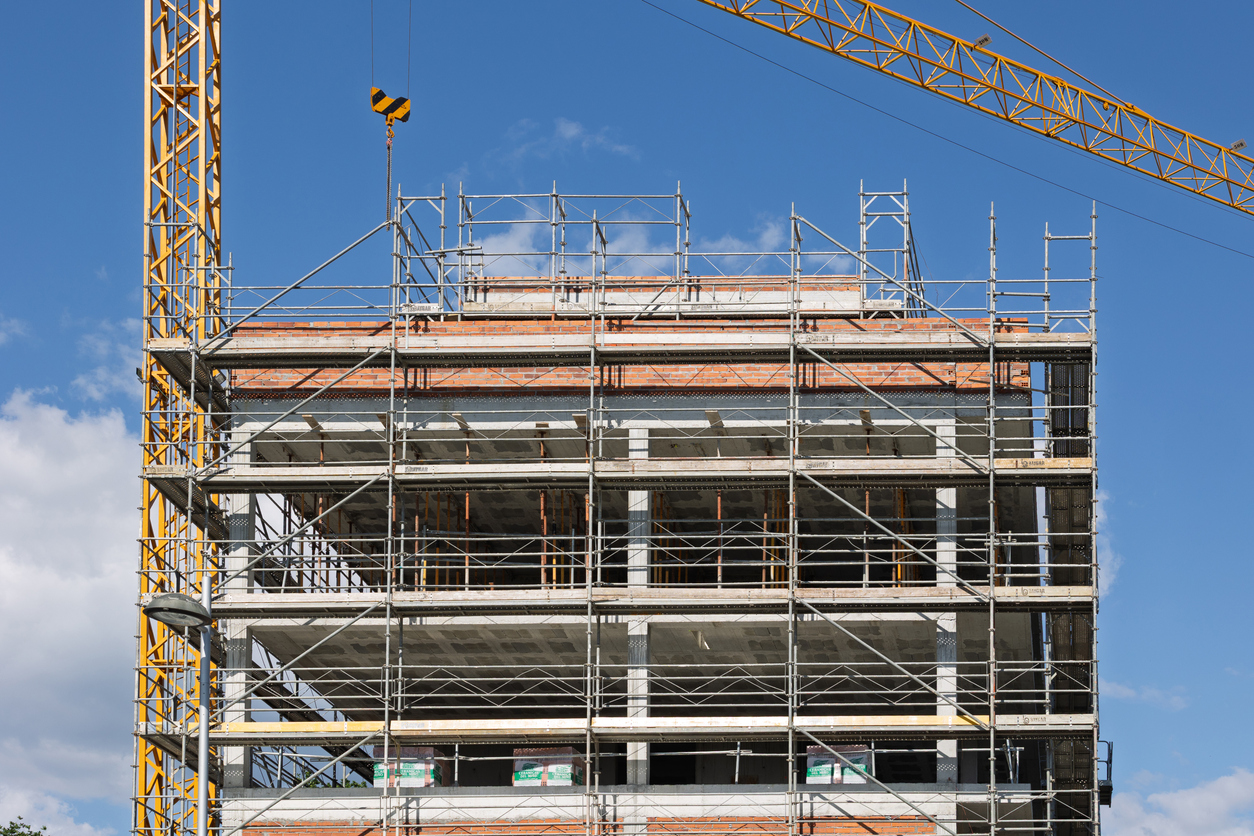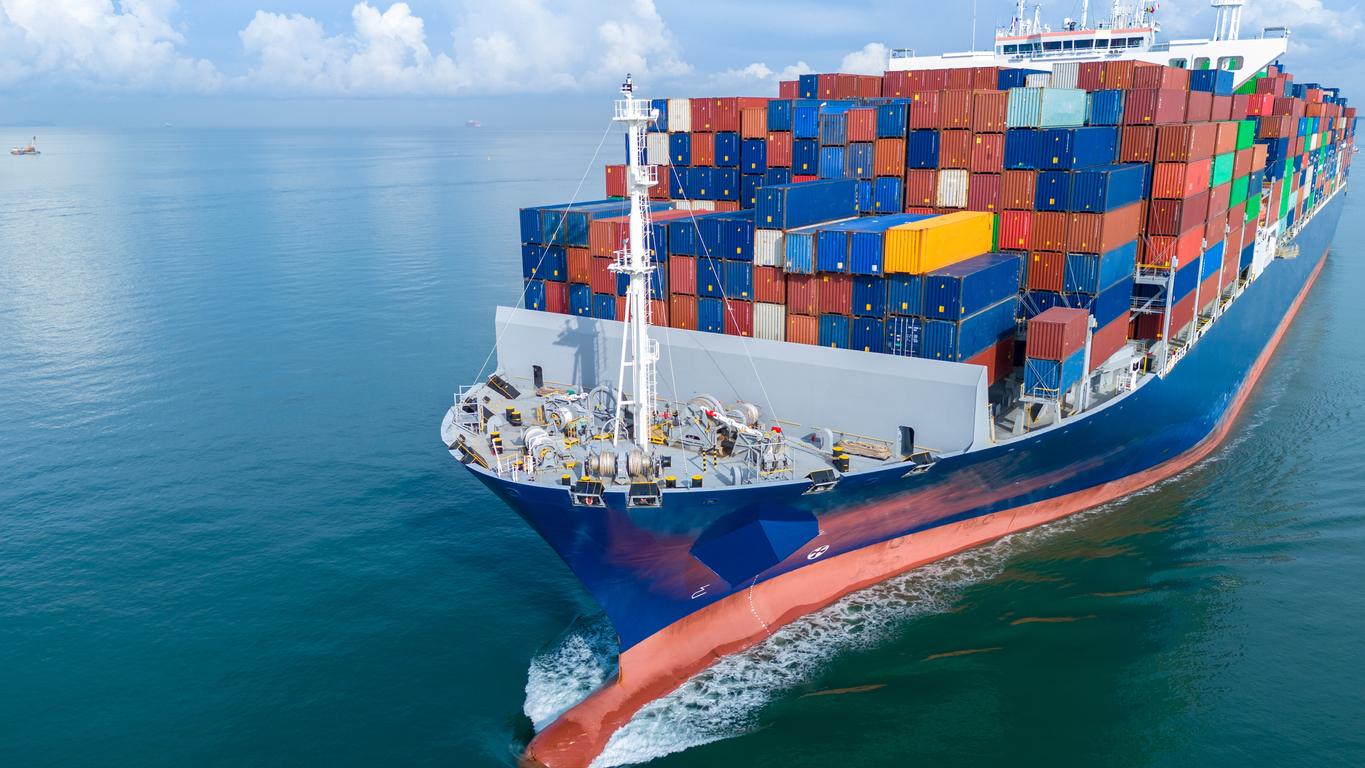Current Petrol Prices in Nigeria: What You Need to Know
Petrol prices in Nigeria are a crucial aspect of the economy, affecting everything from transportation costs to the prices of goods and services. Due to various factors, including global oil prices, government policies, and exchange rates, petrol prices can fluctuate frequently. This article provides an overview of the current petrol prices in Nigeria, the factors influencing these prices, and the broader economic implications.
Current Petrol Prices in Nigeria
As of the most recent data, the price of petrol in Nigeria is approximately ₦600 to ₦650 per liter. However, prices can vary slightly depending on the region, with urban areas sometimes experiencing higher prices due to distribution costs.
Factors Influencing Petrol Prices in Nigeria
1. Global Crude Oil Prices
- Oil Market Volatility: The price of petrol in Nigeria is heavily influenced by global crude oil prices. When oil prices rise on the international market, the cost of importing refined petrol also increases, leading to higher prices at the pump.
- OPEC Decisions: As a member of the Organization of Petroleum Exporting Countries (OPEC), Nigeria’s oil production levels and pricing are also affected by decisions made by OPEC regarding oil supply.
2. Exchange Rates
- Naira to Dollar Exchange Rate: Since Nigeria imports a significant portion of its refined petrol, the exchange rate between the Naira and the US Dollar plays a critical role in determining petrol prices. A weaker Naira makes imports more expensive, driving up the price of petrol.
- Currency Fluctuations: Exchange rate instability can lead to sudden increases in petrol prices as importers adjust to cover higher costs.
3. Government Policies
- Subsidy Removal: The Nigerian government’s policy on fuel subsidies has a direct impact on petrol prices. The removal of subsidies, as seen in recent years, leads to higher prices as the market moves towards deregulation.
- Taxation and Levies: Additional taxes or levies imposed by the government can also contribute to the overall cost of petrol.
4. Distribution and Logistics
- Transportation Costs: The cost of transporting petrol from depots to filling stations can vary depending on the region. Areas farther from major depots or with poor infrastructure may experience higher prices due to increased transportation costs.
- Supply Chain Disruptions: Issues such as strikes, fuel shortages, or logistical challenges can lead to temporary spikes in petrol prices.
Economic Implications of Petrol Prices in Nigeria
1. Impact on Inflation
- Rising Costs: Higher petrol prices typically lead to increased transportation costs, which can result in higher prices for goods and services across the economy. This contributes to overall inflation, making it more expensive for consumers to purchase basic necessities.
- Cost of Living: As petrol prices rise, the cost of living increases, especially for low-income households that spend a larger proportion of their income on transportation and energy.
2. Transportation Sector
- Public Transport Fares: The transportation sector is directly affected by changes in petrol prices, with public transport fares often rising in response to higher fuel costs. This affects the affordability of transportation for the average Nigerian.
- Logistics and Delivery: Businesses involved in logistics and delivery services also face higher operating costs, which may be passed on to consumers through higher prices for goods.
3. Government Revenue
- Subsidy Savings: The removal of fuel subsidies can lead to significant savings for the government, which can be redirected towards other critical sectors such as healthcare, education, and infrastructure.
- Tax Revenue: Higher petrol prices can also increase government revenue through taxes and levies on fuel, although this may come at the cost of public discontent.
Conclusion
Petrol prices in Nigeria are influenced by a complex interplay of global and local factors, including crude oil prices, exchange rates, government policies, and distribution logistics. These prices have far-reaching effects on the economy, affecting everything from inflation to the cost of living.
At Wigmore Trading, we provide insights and updates on market trends, helping businesses and consumers navigate the challenges of fluctuating fuel prices. Contact us today to learn more about how we can assist you in managing the impact of petrol prices on your operations.
Get in Touch:
Looking for more insights on petrol prices in Nigeria? Contact Wigmore Trading for expert advice and the latest market updates. Visit our website, email, or call us to stay informed about fuel costs and their economic impact.








Comments are closed.